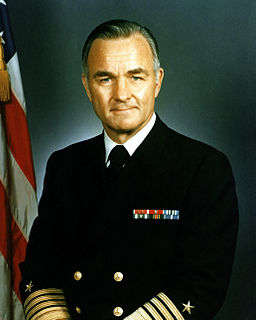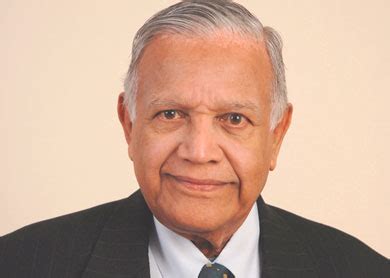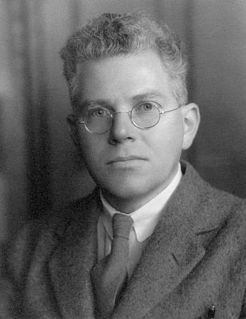A Quote by Joseph Rotblat
Since the end of the Cold War two main nuclear powers have begun to make big reductions in their nuclear arsenals. Each of them is dismantling about 2,000 nuclear warheads a year.
Related Quotes
What is the only provocation that could bring about the use of nuclear weapons? Nuclear weapons. What is the priority target for nuclear weapons? Nuclear weapons. What is the only established defense against nuclear weapons? Nuclear weapons. How do we prevent the use of nuclear weapons? By threatening to use nuclear weapons. And we can't get rid of nuclear weapons, because of nuclear weapons. The intransigence, it seems, is a function of the weapons themselves.
I don't want to use the term "nuclear weapons" because those people in Iran who have authority say they are not building nuclear weapons. I make an appeal to the countries who do have nuclear weapons. They don't consider them a nuclear threat. But let's say a country that doesn't have nuclear weapons gets involved in building them, then they are told by those that already have nuclear weapons that they oppose [such a development]. Where is the justice in that?
Presidents should be very careful at all times in discussing the use or non-use of nuclear weapons. Presidents since the cold war have used nuclear deterrence to keep the peace, and I don't believe that any president should make any blanket statements with respect to the use or non-use of nuclear weapons.
But elimination will only happen if all countries - nuclear and non-nuclear states - genuinely work towards this result. Nuclear states must abolish their arsenals, as was indicated by the unanimous opinion of the international Court of Justice, the highest international tribunal. The five nuclear states seem to expect others to refrain from obtaining bombs while at the same time maintaining their own caches of deadly weapons.
Teller contended, not implausibly, that hydrogen bombs keep the peace, or at least prevent thermonuclear war, because the consequences of warfare between nuclear powers are now too dangerous. We haven't had a nuclear war yet, have we? But all such arguments assume that the nuclear-armed nations are and always will be, without exception, rational actors, and that bouts of anger and revenge and madness will never overtake their leaders (or military and secret police officers in charge of nuclear weapons). In the century of Hitler and Stalin, this seems ingenuous.
I, who had been in favour of nuclear energy for generating electricity ... I suddenly realised that anybody who has a nuclear reactor can extract the plutonium from the reactor and make nuclear weapons, so that a country which has a nuclear reactor can, at any moment that it wants to, become a nuclear weapons power. And I, right from the beginning, have been terribly worried by the existence of nuclear weapons and very much against their use.
We're fundamentally opposed to the expansion of nuclear-weapons arsenals. This is why we have proposed the formation of an unbiased organization and the disarmament of the nuclear powers. We don't need any weapons. We're a civilized, cultured people, and our history shows that we have never attacked another country.

































